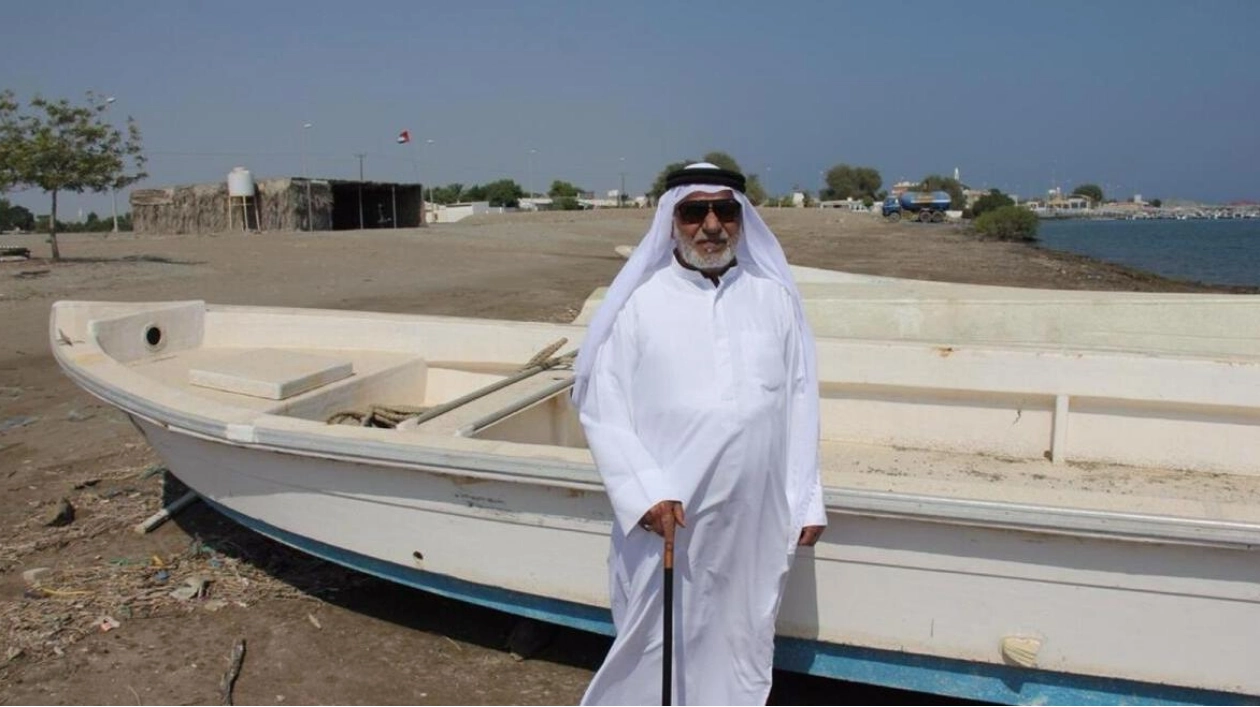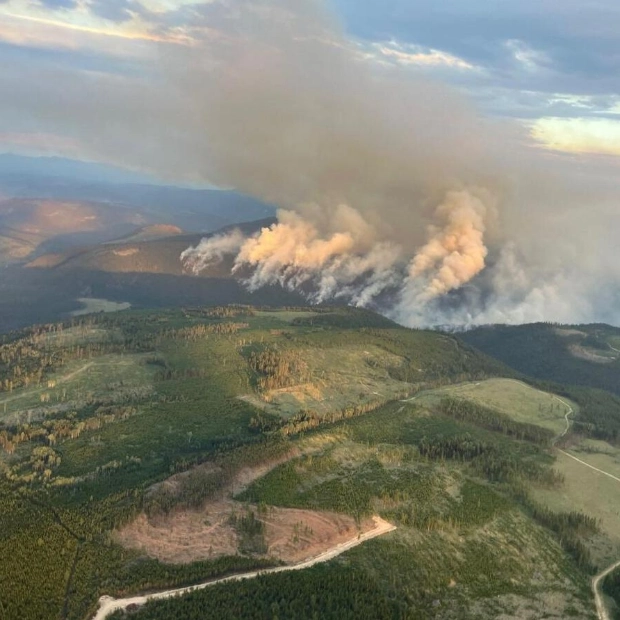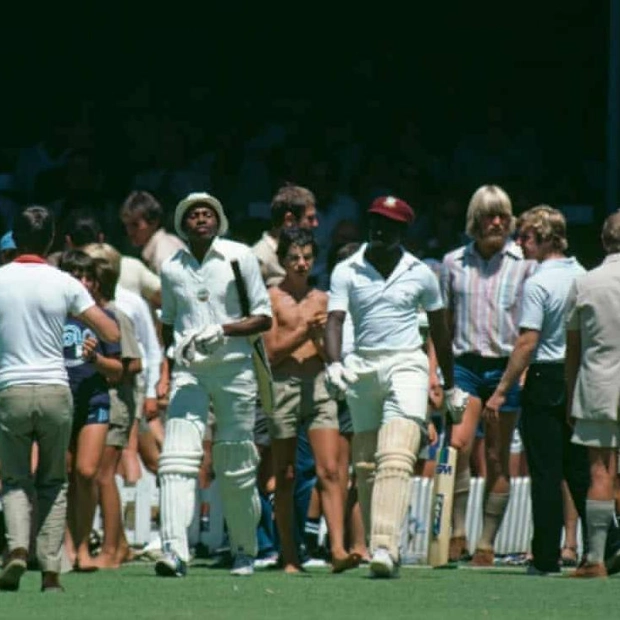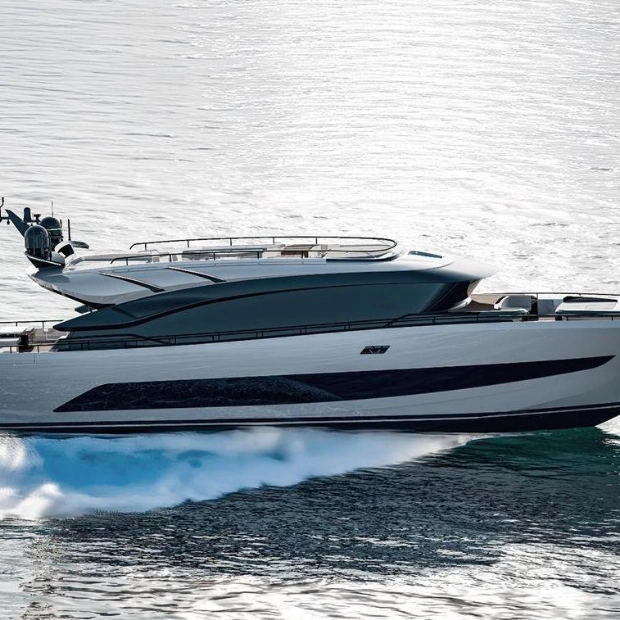The son of an Emirati, who spent three decades in Africa after leaving the Emirates in the 1940s, has now unveiled the untold story of his father’s resilience. Jumaa Ali Al Marashda, who passed away in 2020 at the age of 96, lived a life filled with challenges and adventures straight out of a Hollywood thriller.
Speaking to Khaleej Times, Humaid Humaa recounted his father’s life story as told to him by Jumaa himself. "My father always longed for the Emirates and fondly remembered his childhood days there. Upon his return, he would often speak about the place he lived in and his wish to take us on a trip."
Born before the UAE, Jumaa from Sharjah’s Kalba city grew up as an orphan, living with his grandfather, and began working in fishing at the age of 18. When he left, the unification of the Emirates was still a distant dream, with unpaved roads, no cars or hospitals, and homes made of mud. Life was tough in a region that relied solely on fishing and agriculture.
Means of livelihood were scarce, prompting many citizens to embark on long sea voyages for trade to boost their income. At the onset of World War II, in 1942, Jumaa left Kalba on foot towards Ras Al Khaimah, in an era without modern roads or vehicles, driven to expand his livelihood beyond the region’s borders.
His first voyage was on a cargo ship tasked with transporting coal and firewood to neighboring areas, then returning to Ras Al Khaimah. In a subsequent journey, he and his companions were assigned to transport barrels of oil to India. They encountered a severe storm that forced them to jettison half of their cargo to avoid peril.
Upon reaching Karachi in Pakistan, they offloaded their entire cargo during the storm season. Humaid noted, "They had to make up for the losses due to the delay at sea and the loss of about half of their cargo, so they turned to other trade."
In Mumbai, the ship’s captain decided to head to Bangalore, known for its trade in red clay. They successfully loaded a shipment of red bricks and set sail for Dar es Salaam in Tanzania. The journey took 40 days at sea due to calm winds, during which the sailors endured hunger and thirst due to dwindling supplies.
After unloading the brick shipment in Dar es Salaam, they faced misfortune again when a storm wrecked their ship on the return to India. Only three survived, including Jumaa, who washed ashore on the coast of Zanzibar in Africa.
Arriving in Zanzibar, Jumaa had no passport to facilitate his travel or return to his homeland, so he opted to work in various fields. He learned the local language and forged strong friendships, aiding his adaptation to life there. He later moved to Madagascar, settling in Magenka near the capital Antananarivo.
In Madagascar, he engaged in trading and took up various professions, mastering French and Zanzibari Swahili. Humaid shared, "Even in his later years, my father’s memory remained sharp. I would give him sentences and ask him to repeat them in Swahili, and he could count to one hundred in French and recall many details."
Jumaa married a local woman and had a son named Ali. For years, he kept abreast of his country’s news through British radio until he heard the name of Kalba. He had a single sister in the UAE, and despite his efforts to correspond with her over the years, his letters went unanswered, only to later discover that his messages never reached her.
By the end of the 1960s, the UAE was taking shape, and Sharjah began to develop administratively. One of Jumaa’s letters finally reached his sister. "When she received the letter, she did everything possible with the help of others to secure a passport for him and his son from the authorities so he could return." Humaid recounted.
Jumaa then traveled by air with his only son from Madagascar to Djibouti, and from there to Yemen, where he was detained for 40 days due to his unrecognized passport. He eventually reached Bahrain, from where he took his final flight to Sharjah to return home after 34 years. A few days after his arrival, he witnessed the raising of the UAE flag.






